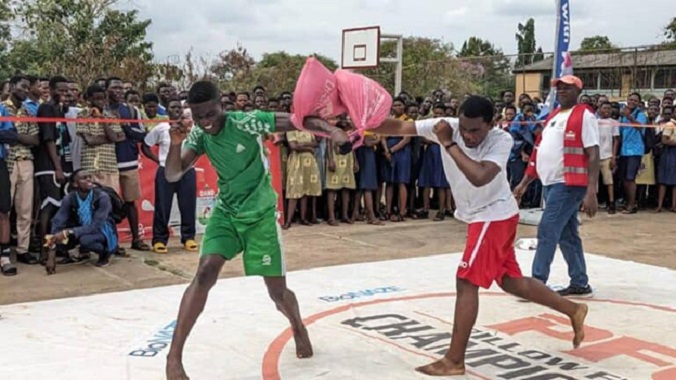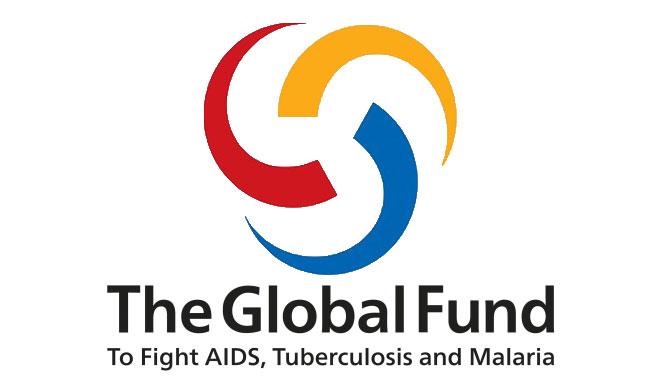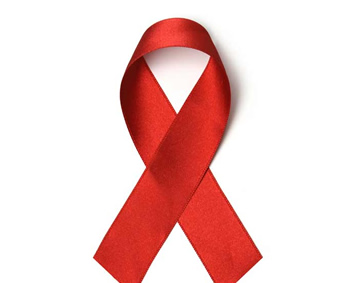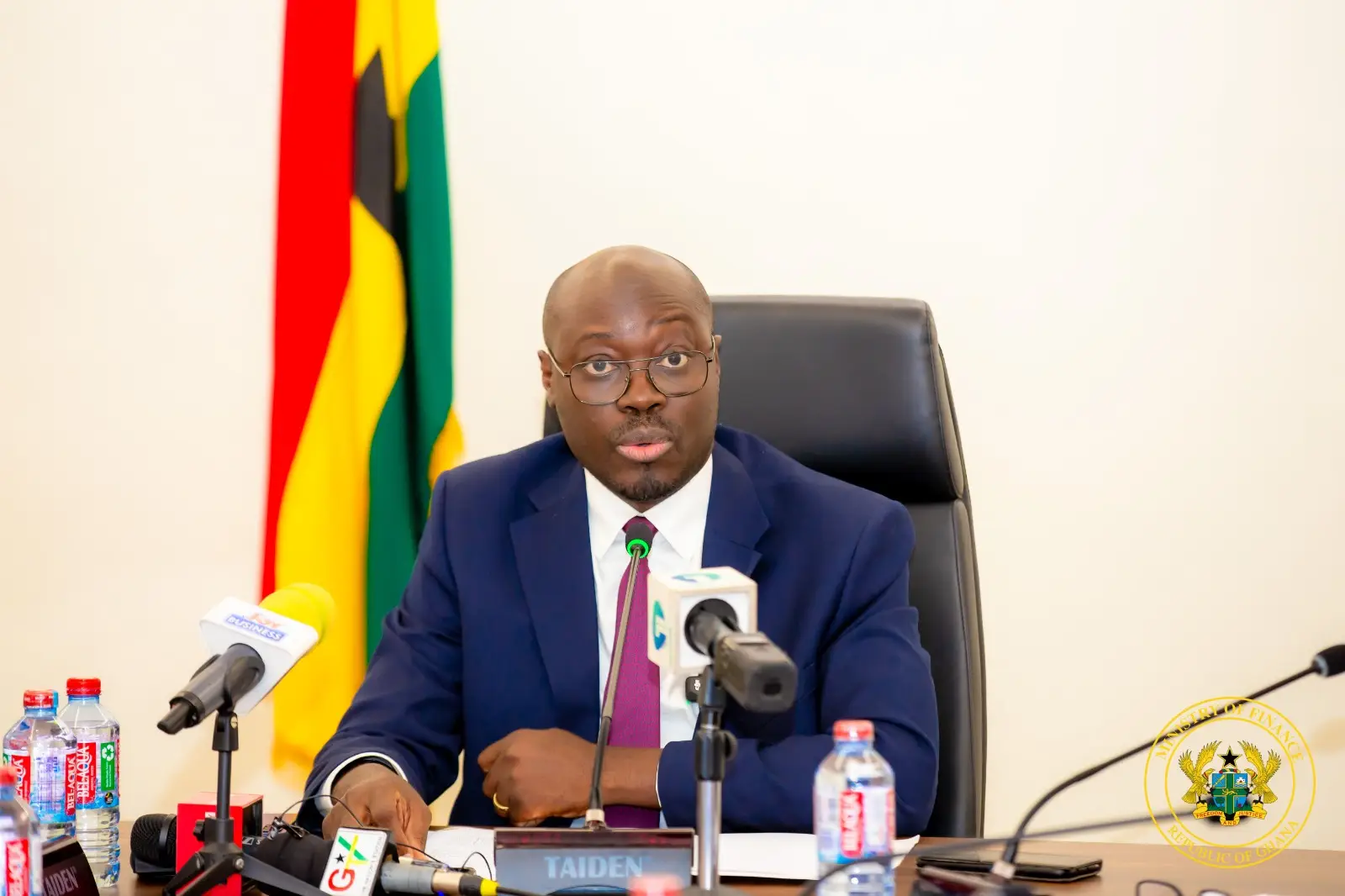
/
SINCE the Human Immune Virus and the Acquired Immune Deficiency Syndrome HIV/AIDS, were first reported in the country in 1986, the fight to control and contain it has not been easy. It may be impossible to count the number of able-bodied people who have died as a result of the infection.
Regrettably, no cure has been found for the deadly disease. It is still with us and worsened by the engagement in unsafe sex; that's having unprotected sex with multiply partners, which is the major mode of transmitting of the disease.
The latest figures revealed by the National AIDS Control Programme (NACP) on the 2017 Sentinel Survey is very startling and scary. Although we have achieved some successes in the prevention, we still have a long way to go.
The survey revealed that about 19,101 new cases were reported last year out of which 16,000 died of the infection. The report indicates that the national prevalence rate has increased by approximately one per cent from 1.6 per cent in 2016 to 1.7 per cent in 2017.
Furthermore, HIV prevalence in the young population aged between 15-24 increased from 1.1 per cent in 2016 to 2.1 per cent in 2017, with estimated 313,063 people comprising 28,203 children living with the disease.
The Ghanaian Times is worried about the infection trend the; especially in youth. The scary part is that Ghana has a very high youthful population, and the danger is that without effective public education they may engage in activities that would expose them to the disease.
It is against this background that we associate ourselves with the sentiments expressed by Dr Stephen Ayisi-Addo, Programmes Manager of the NACP that "we need to strengthen the prevention component, because specifically the new infections must be less than thousand, but the survey showed that a total of 3,400 new infections were recorded among children only."
It is significant to note the suggestions by the Director-General of the Ghana Health Services that communities must also help to raise the needed funding to support community work which include HIV/AIDS education campaign.
These are timely suggestions, given that our development partners who have been supporting us with funding have either pulled out their support or curtailed the amount of grants they give us to help in our prevention and control efforts.
Indeed, with the President declaring "Ghana Beyond Aid" to eventually make us self supporting, rather than over relying on donor support, we need to really mobilise local resources to fight the spread of the disease and bring the infection rate to the barest minimum.
We believe with the technical and financial assistance the country has received over the years to support our fight against the HIV/AIDS, it is possible for the country to be able to fight the rest of the battle unaided, though it may be tough.
In all that, the best way to overcome the spread of the disease is to control our innate desire that makes us susceptible to the infection: unsafe sex!
Read Full Story























Facebook
Twitter
Pinterest
Instagram
Google+
YouTube
LinkedIn
RSS